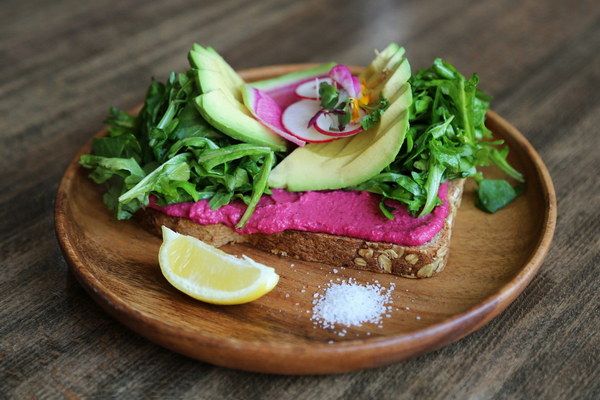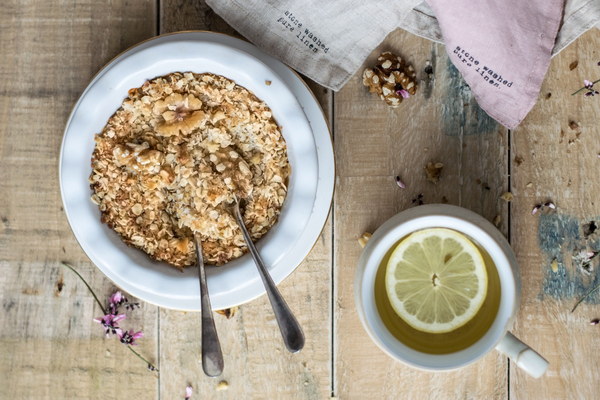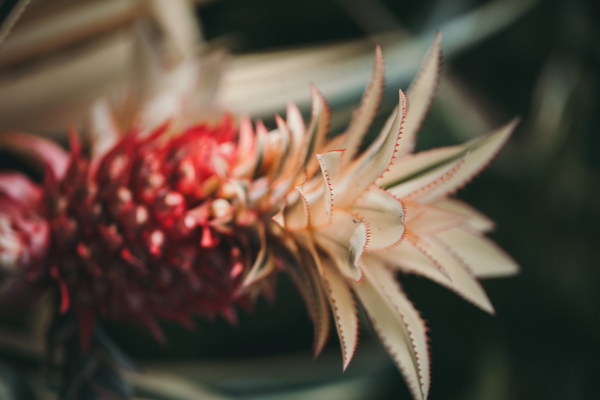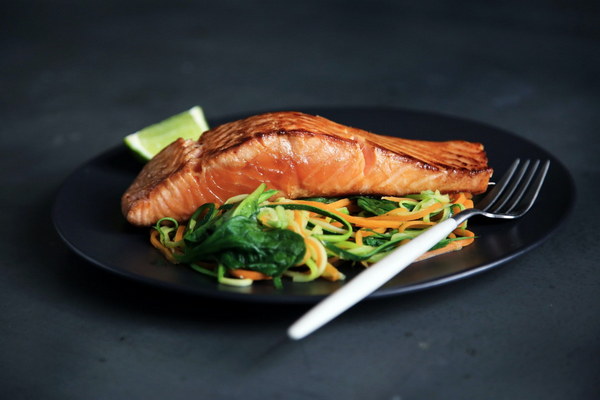Natural Remedies for Dampness and Stomach Disturbances A Guide to Traditional Chinese Dietary Therapies
In traditional Chinese medicine (TCM), dampness and stomach disturbances are common issues that can lead to various health problems. The good news is that there are many natural remedies available to help alleviate these conditions. One of the most effective ways to address dampness and stomach disturbances is through dietary therapy. Here are some traditional Chinese foods and herbs that can help balance your body and improve your overall well-being.
1. Rice Tea (Xiang Sha Yu Ren Decoction)
Rice tea is a popular Chinese remedy for dampness and stomach discomfort. Made by boiling long-grain rice in water, this beverage is believed to help eliminate dampness from the body. To enhance its benefits, you can add ingredients like cinnamon, ginger, and dried tangerine peel.
2. Dried Tangerine Peel (Chen Pi)
Dried tangerine peel is a versatile herb used in TCM to treat dampness and improve digestion. It helps to break down food and eliminate excess dampness. You can add it to soups, stews, or even use it as a tea by boiling it in water.
3. Ganoderma (Ling Zhi)
Known as the King of Herbs, ganoderma is a medicinal mushroom that has been used in TCM for centuries. It is believed to boost the immune system, improve digestion, and alleviate dampness. It can be taken as a tea or as a supplement in capsule form.
4. Pumpkin (Bai Gua)
Pumpkins are an excellent source of fiber, vitamins, and minerals, making them a great food for balancing dampness and improving digestion. They can be consumed in various forms, such as in soups, stews, or even as a dessert.
5. Green Tea (Lu Yu)
Green tea is not only a refreshing beverage but also a natural remedy for dampness and stomach disturbances. It contains compounds that help to stimulate digestion and eliminate dampness. Drink green tea in moderation to reap its benefits.
6. Ginger (Sheng Jiang)
Ginger is a well-known digestive aid in TCM. It helps to warm the body, dispel dampness, and relieve stomach discomfort. You can add fresh ginger to soups, stews, or even make a ginger tea by boiling ginger slices in water.
7. Mung Beans (Dou Miao)
Mung beans are a cooling food that helps to eliminate dampness and heat from the body. They can be cooked and consumed as a side dish or added to soups and stews. Mung bean porridge is also a popular remedy for dampness and stomach disturbances.
8. Barley (Xi Mai)
Barley is a nutritious grain that is beneficial for the digestive system. It helps to regulate the stomach and eliminate dampness. You can cook barley as a side dish or add it to soups and stews.
9. Turmeric (Ju Hua)
Turmeric is a spice that has been used in TCM for its anti-inflammatory properties. It helps to alleviate stomach pain and improve digestion. Add turmeric to your cooking or make a turmeric milk by boiling turmeric powder in milk with a pinch of black pepper.
10. Pineapple (Shan Zao)
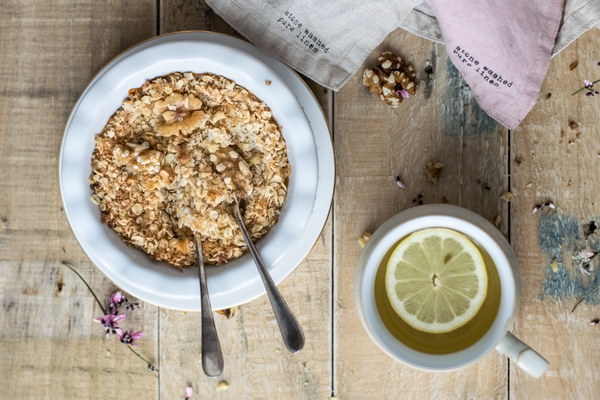
Pineapple is a tropical fruit that contains enzymes that aid in digestion. It helps to break down food and eliminate dampness. Enjoy pineapple in moderation as a snack or add it to your dishes.
Incorporating these traditional Chinese foods and herbs into your diet can help alleviate dampness and stomach disturbances. However, it's essential to consult with a qualified TCM practitioner before starting any new treatment or dietary changes. Remember that TCM is a holistic approach to health, and addressing the root cause of your symptoms is key to long-term well-being.
